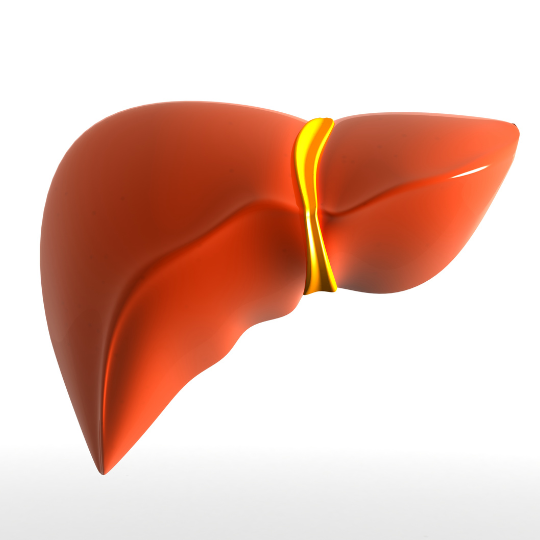Berberine is a natural plant compound, in the family of alkaloids. It is part of the class of compounds known as isoquinoline alkaloids, which also includes others you may know of, such as papaverine and morphine; yes morphine! Berberine is found in different herbs and plants, including goldenseal, barberry, and tree turmeric.
But why is berberine relevant?
One of the primary biochemical characteristics of berberine is its ability to interact with several enzymes and receptors in the human body. It has been shown to bind to and activate the enzyme AMP-activated protein kinase (AMPK), which is involved in the regulation of energy metabolism. This interaction can lead to a lot of physiological and metabolic effects, such as activation of glucose and fatty acid metabolism, and the suppression of cholesterol and triglyceride synthesis. In other words, it can improve your glucose metabolism and reduce fat synthesis.

The proposed biochemical mechanisms of berberine’s action in the body are complex and are still not fully understood. However, it is thought to work by activating AMPK and other signaling pathways that can regulate metabolism and inflammation. In addition, berberine has been shown to have a lot more effects on the body, including the ability to modulate the immune system and improve our much-loved gut health.
Berberine properties
Berberine is well known for its insulin and glucose regulation properties. It has been shown that berberine can improve insulin sensitivity and lower blood glucose levels. This makes it a potentially useful supplement for individuals with diabetes or pre-diabetes. It has also been shown to have other benefits, as mentioned above, such as the ability to lower cholesterol and triglyceride levels, and even improve symptoms of metabolic syndrome.
Berberine and genes
There are some genetic predispositions that can benefit from supplementation with berberine or that may influence the effects of berberine:
- AMPK gene: any SNP in these gene may interfere with the correct functioning of the downstream targets of AMPK (such as mTOR, SIRT1, Nrf2, etc). It has been shown that AMPK and its agonist, berberine, can combat some underlying events of neurodegeneration, such as oxidative stress, neuroinflammation, mitochondrial disorder, etc (Qin, S. et al, 2020).
- PPARγ gene: berberine can enhance the AMPK/SIRT1 pathway and can act as a selective PPARγ activator to promote adipose tissue remodeling and thermogenesis (Xu et al, 2021).
- FTO gene: FTO gene is known as the “obesity gene”. People with SNPs in this gene can benefit from berberine as it will help with increase insulin sensitivity, enhance glucose metabolism and reduce triglycerides synthesis (Lan N, et al. 2020).
Daily recommendations
As always, recommendations on dosage are dependent on the specific condition being treated and the individual’s age and health status. Generally speaking, doses of 500-1,500 mg per day are commonly used, with lower doses used for maintenance of health while higher doses are used for an acute condition. It is very important to note that berberine, as good as it sounds, can have some potential risks and side effects, including gastrointestinal upset and interference with certain medications. Therefore, we always recommend you talk to a professional before starting with any new supplementation regimen. Remember that at NutriFix, we have healthcare professionals that can guide you with supplementation and nutrition according to your genetic make-up and metabolic needs.

In conclusion, berberine is a natural plant alkaloid with complex mechanisms of action in the body. It has been shown to have a number of benefits on metabolism and insulin sensitivity and may be useful for patients with diabetes or pre-diabetes. However, it is important to talk to a professional before starting with any supplementation, to avoid any unwanted side effects.
And remember that berberine is just a supplement that can aid with specific health issues, but what will massively enhance your health are your overall habits and lifestyle. So.. be active, eat healthy, practice mindfulness and all of the recommendations we preach at NutriFix in order to have a long, healthy life.











